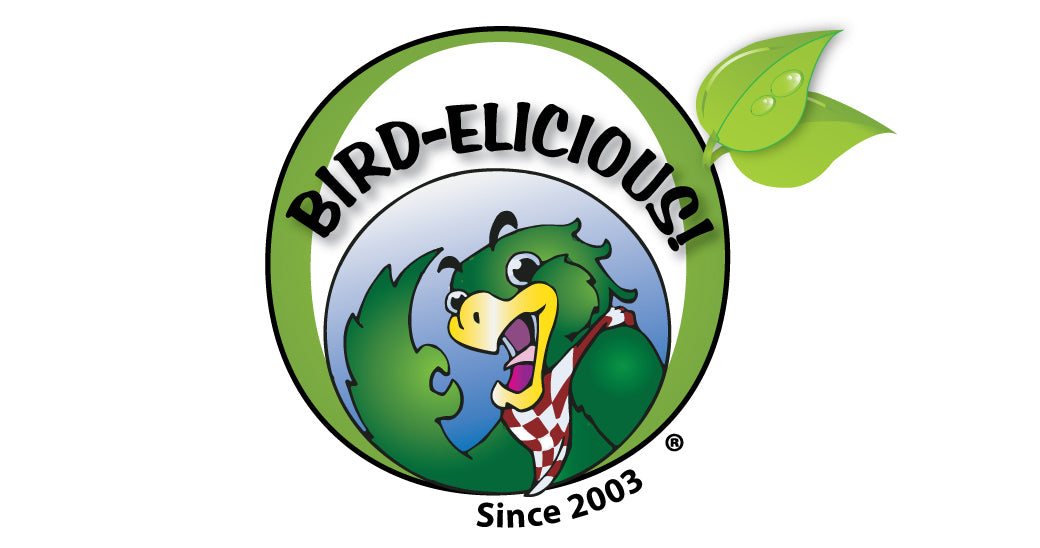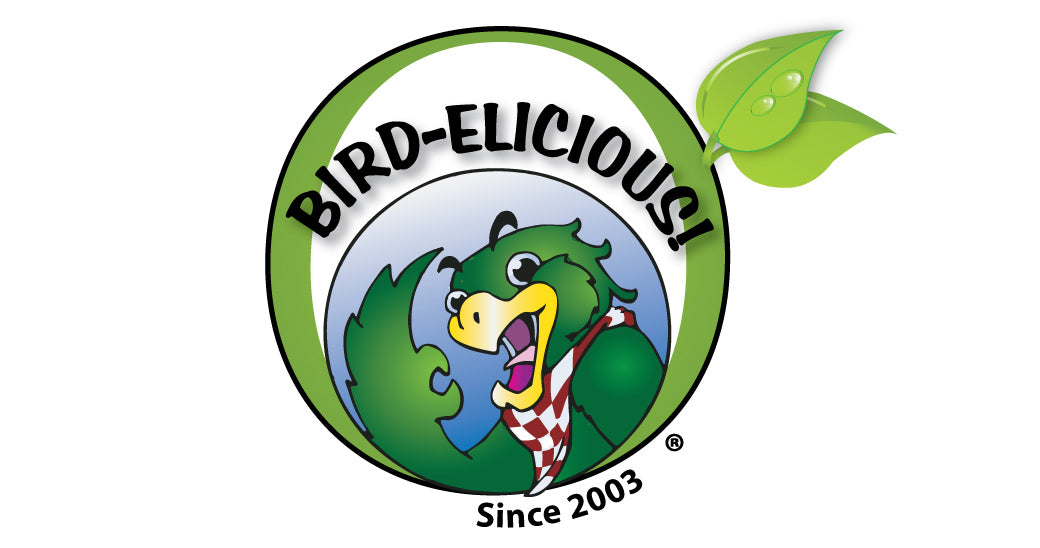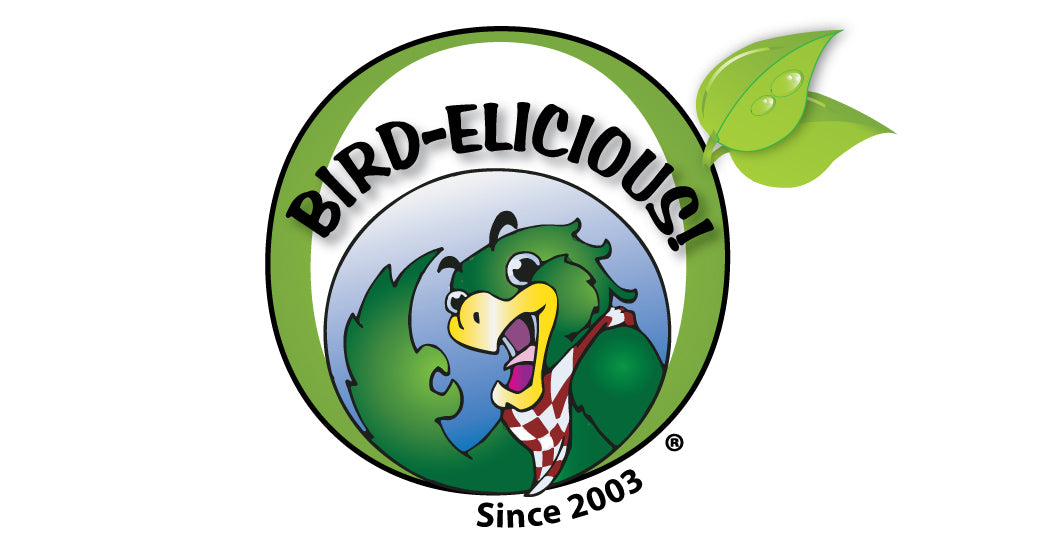NO Cooking:
Any temperature over 115 degrees destroys the digestive enzymes, proteins are denatured (coagulated) causing them to be relatively unusable, the Omega 3 fatty acids and most vitamins.
Why are the digestive enzymes so important?
Digestive enzymes are what begins and help carry out the hydrolysis process. This is the “breaking down” of the nutrients, primarily the dietary proteins into the free-form, single unit amino acids so they can be totally and completely absorbed and metabolized. Without this taking place the nutrients travel through the digestive tract without being completely absorbed and a kind of malabsorption takes place contributing to malnourishment.
Why are proteins so important?
Proteins are the building blocks for muscles, including the heart tissue. Most people think protein is where energy comes from, but this is untrue unless the body is in a state of complete malnutrition, which unfortunately many of our birds today are due to highly processed diets. Feeding cooked diets have contributed to this state of our birds’ poor health. While animal protein must be cooked before it is eaten to kill bacteria, plant protein can and should be fed raw in order to prevent the “hardening” of the protein molecules. *There are other methods to release “protein-inhibitors” known as “phytates”. Phytates block calcium. I will discuss this later.
Why are Omega 3s so important?
Omega 3s are important in reducing inflammation throughout the entire body both in soft tissues and joints. They also contribute to brain health. Research now indicates that Omega 3 fatty acids help prevent seizures and dementia
When the Omega 3s are destroyed this contributes to a further lack of Omega 3s in the diet. Our birds already lack Omega 3s in their diet simply because most diets are lopsided containing more Omega6s to Omega3s. When we cook their foods destroying what Omega 3s are present we cause an even greater imbalance of Omega 6s to Omega 3s.
Why are vitamins so important?
We all know how important all of these vitamins are to our birds.
Vitamins contribute to all of the many biological processes in our birds many systems. Without vitamins our birds’ entire bodies would come to a halt. Vitamins play key roles in providing nutrition for impulses, cellular regeneration and repair and tissue regeneration and repair, as well as metabolic nutrition and functions, organ functions and detox and more.
Cooking destroys vital vitamins such as the fat-soluble vitamins A, D, E and K as well as the delicate water soluble vitamins Bs and C. Most vitamins cannot withstand high temperatures without a change in molecular structure.
NO Freezing:
Freezing bursts the walls of the cells within the foods. If you have ever frozen produce and then defrosted it ending us with “mushy” produce you have produce with cells that have burst. When this happens the contents of the cell is spilled and vital nutrition is permanently lost. If the foodstuff is not completely vacuum airtight using a container with a high oxygen-barrier rating oxidation occurs and nutrition is lost.
YES to Dehydration at Low Temperatures:
Dehydration is the only sure and safe method to save and store our foods without removing or destroying vital nutrients. It is one of the oldest methods of food preservation started by pre-historic peoples drying seeds. Scientific research has learned that dehydration at 115 degrees Fahrenheit or lower allows for all original digestive enzymes, fatty acids and vitamins to remain live and active in their dry state; all that is lost is the moisture content. Any temperature above 115 degrees Fahrenheit and those nutrients are permanently destroyed.
Most literature will suggest that dehydration will allow for indefinite storage in an airtight container. I suggest that if the item contains Omega 3 fatty acids any unopened package be stored for only up to 6 months and once it is opened try to use the product within 30 days. In fact it is best to refrigerate, not freeze the product after it is opened to prevent rancidity.
*Phytates:
Phytates are those pesky food constituents we have to deal with that block calcium absorption. Most people believe that cooking foods are the only sure way to “unbind” phytates from the produce we serve to our birds. This is simply untrue. We can serve fresh, organic tropical fruits that are naturally low in phytates, and berries and tender greens. Then we serve limited amounts of seed, grain and legumes we can sprout them to release the phytates. Soaking and sprouting actually releases the phytates to a greater extent than cooking while increasing the protein, B and C vitamin content.
Sprouting also activates the “amylase”, the digestive enzyme necessary for the denaturing (breaking down) of starch in the very seed, grain and/or legumes we are serving. This is very important because parrots do not produce amylase in their mouths like us humans do. Parrots do not produce amylase until their lower digestive tract near their pancreas. I personally believe this is why we are seeing so much avian diabetes. We are feeding cooked starches and “dead” starches in the form of yams and winter squash that contain no “live” amylase. This causes the endocrine system to overproduce insulin and the blood sugar level to continuously spike when we feed these items on a regular basis. Amylase is only present in “live”, sprouted seed, grains and legumes. Feeding items that contain amylase will help the blood sugar level to maintain equilibrium. Still we don’t want to feed any of these in large volumes. Starch is still starch even in its live form. Starch is a hard, waxy molecule and difficult to digest even when amylase is present. It is not our birds’ first and preferred form of fiber.
Also, sprouts can be dehydrated for storage. Simply rinse sprouts in food grade hydrogen peroxide, then rinse two times in filtered water, lay out on dehydrator racks and dry for 24 hours at 115 degrees Fahrenheit. Place in an airtight package and store in a cool, dark pantry.
You can obtain food grade hydrogen peroxide here:
http://the-living-earth.myshopify.com/products/498
I personally like the Excalibur Dehydrators for personal use.
They have a model for every budget.
You can purchase them here: http://www.excaliburdehydrator.com
Have a grand time preparing and storing food for your flock!
Happy foraging!
©2015 Machelle Pacion Passion Tree House LLC All Rights Reserved




Leave a comment (all fields required)